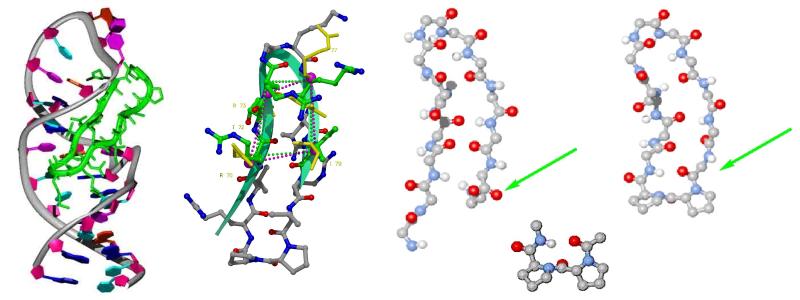The BRAF gene is a key element in cellular signaling pathways involved in the growth and survival of cancer cells. Its encoding produces the protein BRAF, which acts as a serine/occur kinase. The most common mutation of the BRAF gene is the substitution of a thymine for adenine at nucleotide 1796, causing a change in residue 600 from Valine to Glutamate, known as the BRAF V600E mutation. This mutation is specific for papillary carcinomas of the thyroid and is found in 60% of melanomas.

The presence of the BRAF V600E mutation leads to a continuous stimulation of the MAP kinase cascade, causing a series of cellular modifications that favor cell proliferation and undifferentiation. Interestingly, this mutation is also detected in benign melanocytic nevi, but by itself it is not sufficient to cause malignant transformation. Its low frequency in the radial growth phase suggests that the mutation may be more relevant in the tumor progression phase than in the initial formation phase.
Given its relevance in melanoma, the BRAF V600E mutation has become an important target for targeted therapies. Efforts to find drugs that specifically inhibit the mutated BRAF protein have led to new therapeutic options, demonstrating dramatic improvements in the management of melanoma and opening new perspectives for the treatment of other pathologies linked to this genetic mutation.